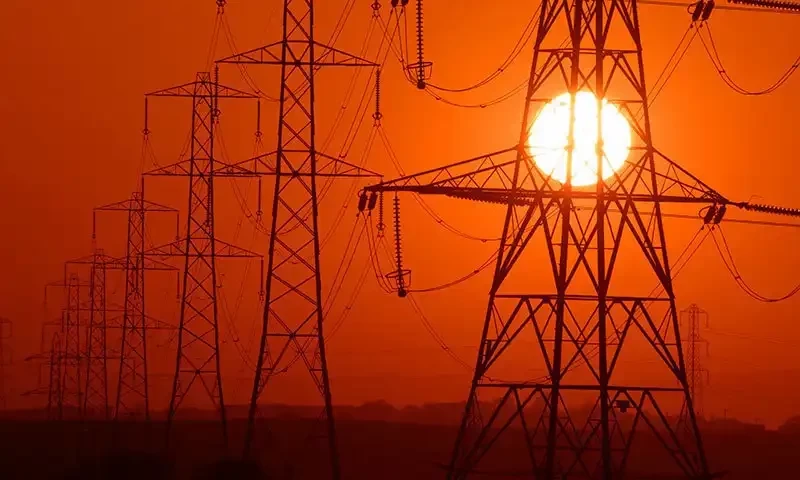Power cuts sparked a fierce protest in Sibi, Balochistan, where residents endured up to 20-hour outages in blistering 45-degree Celsius heat. According to local police, around 800 people stormed the electricity supply office and vandalized it in a late-night incident on Thursday. “People stormed the electricity supply office and ransacked it last night and a case has been lodged against them,” police official Anayatullah Bungulzai told AFP.
Planned power cuts, also known as load-shedding, are a frequent occurrence across Pakistan due to fuel shortages, varying in duration depending on the region. In Balochistan, Pakistan’s largest province, power outages are exacerbated by electricity production deficits and unpaid bills, affecting entire communities.
Afzal Baloch, spokesperson for the Quetta Electricity Supply Company, stated that the company faces “significant” monthly losses due to outstanding payments. However, protester Noor Ahmad emphasized that despite timely bill payments, they felt “compelled” to act against “excessive load-shedding lasting for hours.”
Sibi, known for its scorching temperatures reaching up to 50 degrees Celsius during heatwaves, faces increasingly frequent and intense climate conditions due to global warming. Balochistan, one of Pakistan’s poorest provinces, struggles with security challenges, rugged terrain, unreliable water supply, and limited job opportunities.
The protest underscores the community’s frustration with ongoing power cuts, reflecting broader issues of infrastructure challenges and economic disparity in the region. As residents demand reliable electricity supply amid harsh environmental conditions, authorities grapple with balancing energy distribution and financial sustainability in a challenging socio-economic landscape.


